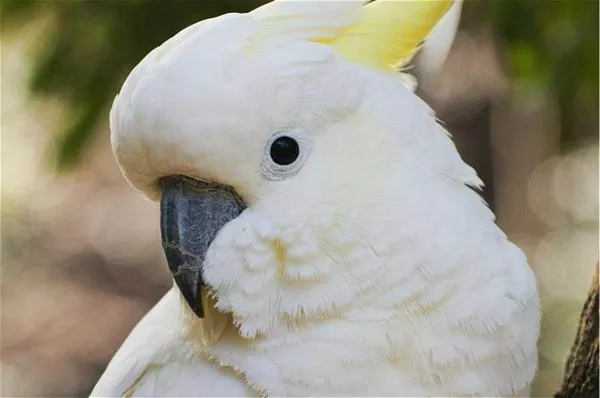Rabbits, with their fluffy ears and twitching noses, make delightful companions. As conscientious rabbit caretakers, it is paramount to understand the intricacies of their dietary needs. A crucial aspect of rabbit care revolves around providing a balanced and nutritious diet. In this article, we delve into the world of rabbit nutrition, answering the pivotal question: What vegetables can rabbits eat?
Understanding the Rabbit Digestive System
Before exploring the extensive list of rabbit-friendly vegetables, it is essential to comprehend the unique digestive system of these adorable creatures. Rabbits are hindgut fermenters, meaning their digestive process primarily takes place in the hindgut, where cecum and colon are located. This specialized digestive system requires a high-fiber diet to maintain optimal health.
Leafy Greens: A Rabbit’s Culinary Haven
When contemplating what vegetables can rabbits eat, leafy greens top the list. These nutrient-rich greens provide essential vitamins and minerals while catering to the high-fiber requirement of a rabbit’s digestive system. Staples like kale, spinach, and romaine lettuce are excellent choices. However, moderation is key, as excessive consumption can lead to digestive issues.
Cruciferous Vegetables: A Crucial Component
Cruciferous vegetables play a crucial role in diversifying a rabbit’s diet. Vegetables like broccoli, Brussels sprouts, and cabbage can be included in their meals. These veggies contribute not only to the nutritional aspect but also add variety to the rabbit’s palate. Care should be taken to introduce them gradually to prevent digestive disturbances.
Root Vegetables: Below the Surface Nutrition
Delving beneath the soil, root vegetables offer a different set of nutrients for our furry friends. Carrots, beets, and parsnips can be given in moderation. These colorful delights bring both taste and texture to the rabbit’s diet. However, it’s essential to be mindful of the high sugar content in some root vegetables and limit their intake.
Herbs: A Flavorful Addition
Herbs are not only aromatic but also beneficial for a rabbit’s health. Parsley, cilantro, and dill are examples of herbs that can be introduced to a rabbit’s diet. These additions not only enhance the flavor of their meals but also contribute to overall well-being. As with any new food, it’s recommended to introduce herbs gradually to monitor the rabbit’s response.
Rooting for Radishes: A Lesser-Known Gem
Radishes, often overlooked in human diets, can be a nutritious addition to a rabbit’s meal plan. Packed with vitamins C and K, as well as fiber, radishes can offer a tasty crunch to your rabbit’s munch. When considering what vegetables can rabbits eat, don’t forget to include these lesser-known gems for a well-rounded diet.
The Beet on Beet Greens: Nutrient-Rich Goodness
When pondering what vegetables can rabbits eat, don’t discard the leafy tops of beets. Beet greens are a nutrient-rich option, providing essential vitamins and minerals. These greens can be a fantastic addition to the rabbit’s leafy green repertoire, offering both variety and health benefits.
Balancing Act: Moderation is Key
While exploring the vast array of vegetables suitable for rabbits, it’s crucial to emphasize the importance of moderation. Too much of a good thing can lead to digestive upset and other health issues. Caretakers should carefully monitor the quantities and observe the rabbit’s response to new additions to their diet.
Cautions and Exceptions: Understanding Dietary Restrictions
In the pursuit of answering what vegetables can rabbits eat, it’s equally important to be aware of potential hazards. Some vegetables, such as those from the nightshade family (e.g., tomatoes and potatoes), can be toxic to rabbits. Additionally, the high calcium content in certain greens like parsley and kale may pose a risk to rabbits prone to kidney problems. Consulting with a veterinarian is advisable to tailor the diet to the specific needs of individual rabbits.
Conclusion: A Culinary Cornucopia for Bunnies
In conclusion, the question of what vegetables can rabbits eat opens the door to a culinary cornucopia for our furry companions. From leafy greens to root vegetables, the options are diverse and abundant. However, understanding the nuances of a rabbit’s digestive system, practicing moderation, and being aware of potential risks are essential elements in ensuring a well-balanced and nutritious diet for these delightful creatures. By incorporating a variety of vegetables into their meals, rabbit caretakers can contribute to the overall health and happiness of their beloved companions.
Related Topics:
Do Rabbits NEED Pellets in Their Daily Diet?
Types of Rabbit Hay & Grass
What is good rabbit food: A Comprehensive Guide


























